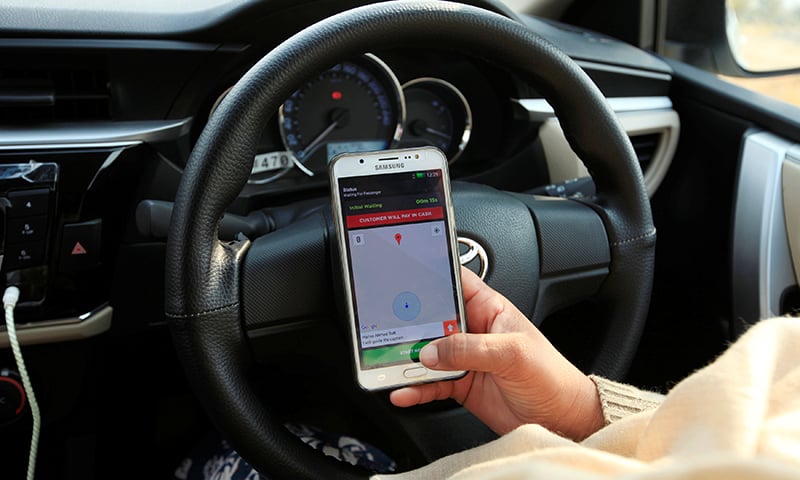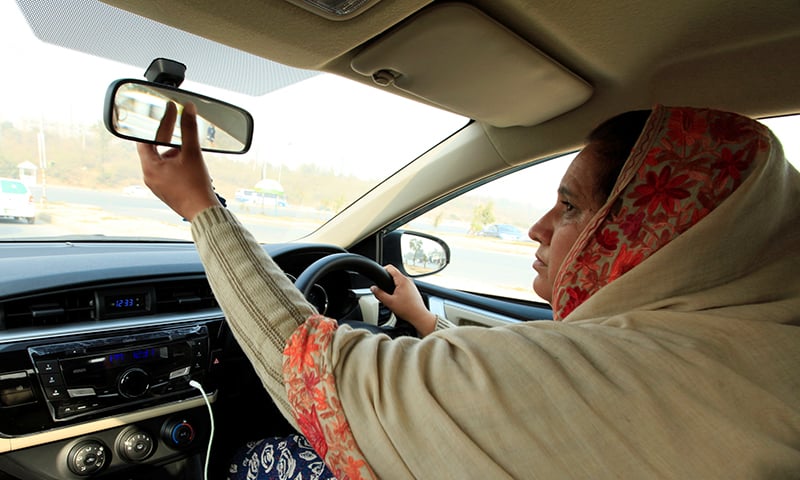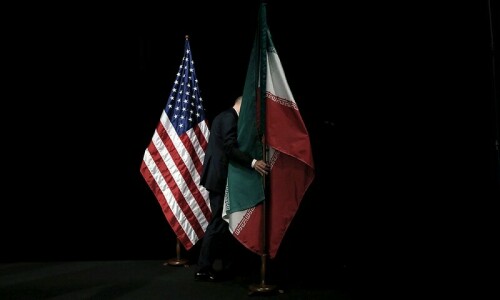Taxi-hailing service Careem introduced women drivers in Karachi, Lahore and Islamabad on Wednesday.
Careem has a larger market share than rival Uber in most of the 32 cities in the Middle East, North Africa and Pakistan region in which it operates.

Now it has a new idea for Pakistan: taxis driven by women, who will pick up both male and female customers.
"We want to give women the same opportunities and the same chance that men have of leveraging our platform to generate healthy income," said Careem's Pakistan General Manager Ahmed Usman.
Usman said seven women drivers had qualified to join the fleet but applications were open and the company hoped more would apply.
Zahra Ali, 30, heard about Careem from a friend and thought it would be an "honourable" way to support her two children, who she is raising alone since the death of her husband two years ago.
She had just enough money to buy a car and got her driving license this year.
When Ali applied to be a Careem driver a few months ago, she was told there was no provision for women drivers.

Then Careem called back with good news.
"The only skill I know is driving," Ali told Reuters at her home in the city of Lahore.
"Now I can raise my children honourably, I can give my children a good education."
'Women are not weak
Launched in Dubai in 2012, Careem has a global force of 90,000-plus drivers and more than four million users registered through its mobile app.
In Karachi, among Careem's largest markets, demand for secure taxis is particularly strong among women, Usman said.
"If an organisation is offering security for women ... naturally that is very important," said driver Aasia Abdul Aziz, 46, when asked why she chose to work for Careem.
"Especially in a city like Karachi where no work can be done in the absence of proper security."

Aziz said she had worked long hours at a beauty salon for most of her life and now that her two daughters were settled in jobs, she wanted work that allowed her flexibility.
When asked about the challenges of being a woman driver in Pakistan, Aziz said: "When people start accepting something, when our public realise that women can do a certain job and are doing it in a commendable manner, then I think it will not be so difficult."
Domestic abuse, other violence and economic discrimination make Pakistan the world's third-most-dangerous country for women, a 2011 Thomson Reuters Foundation expert poll showed.
"One must face problems bravely," Ali said in Lahore. "Women are not weak; it is our society which portrays them as weak. One cannot move forward with fear."















































